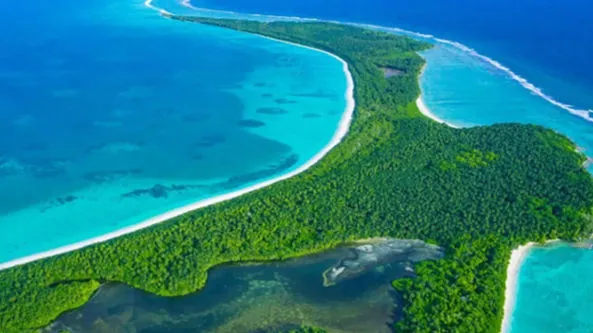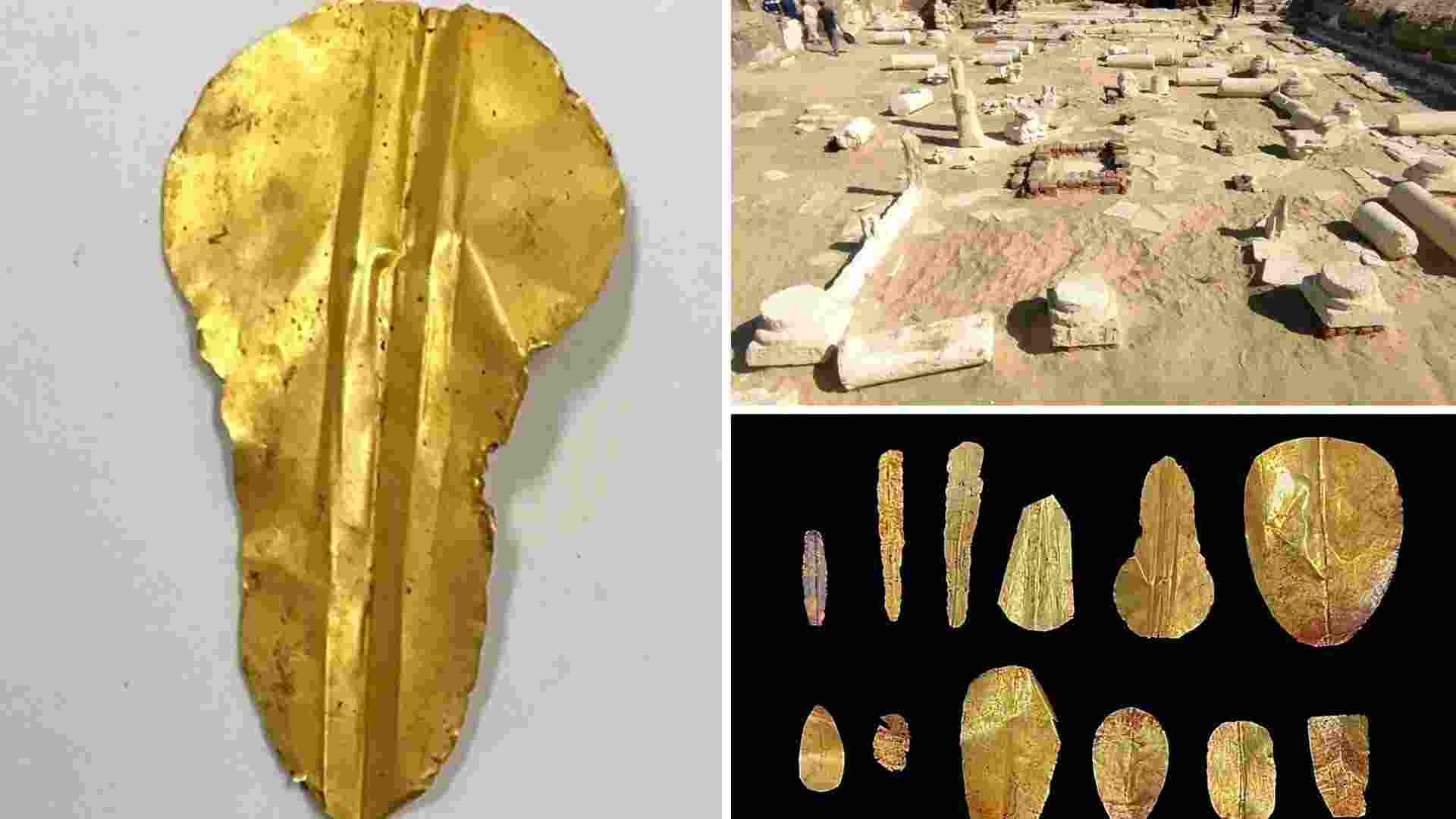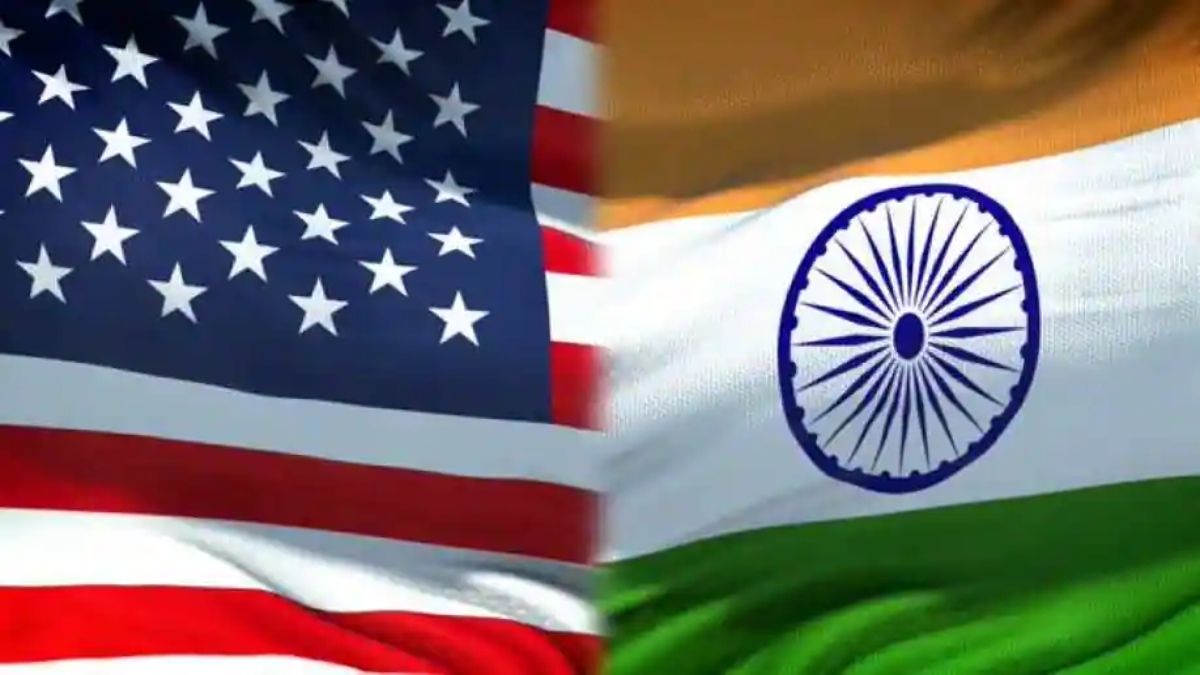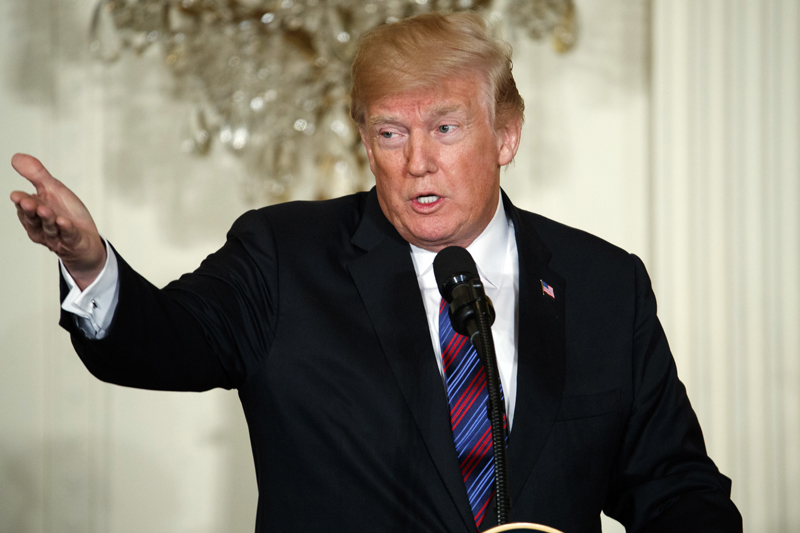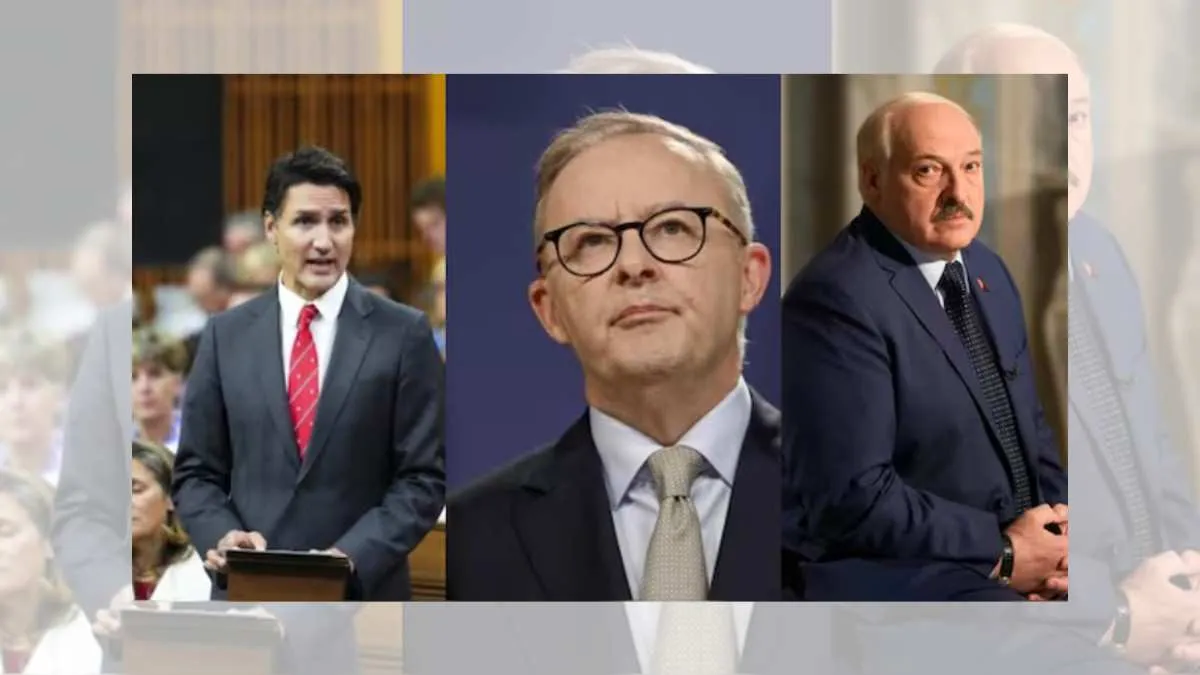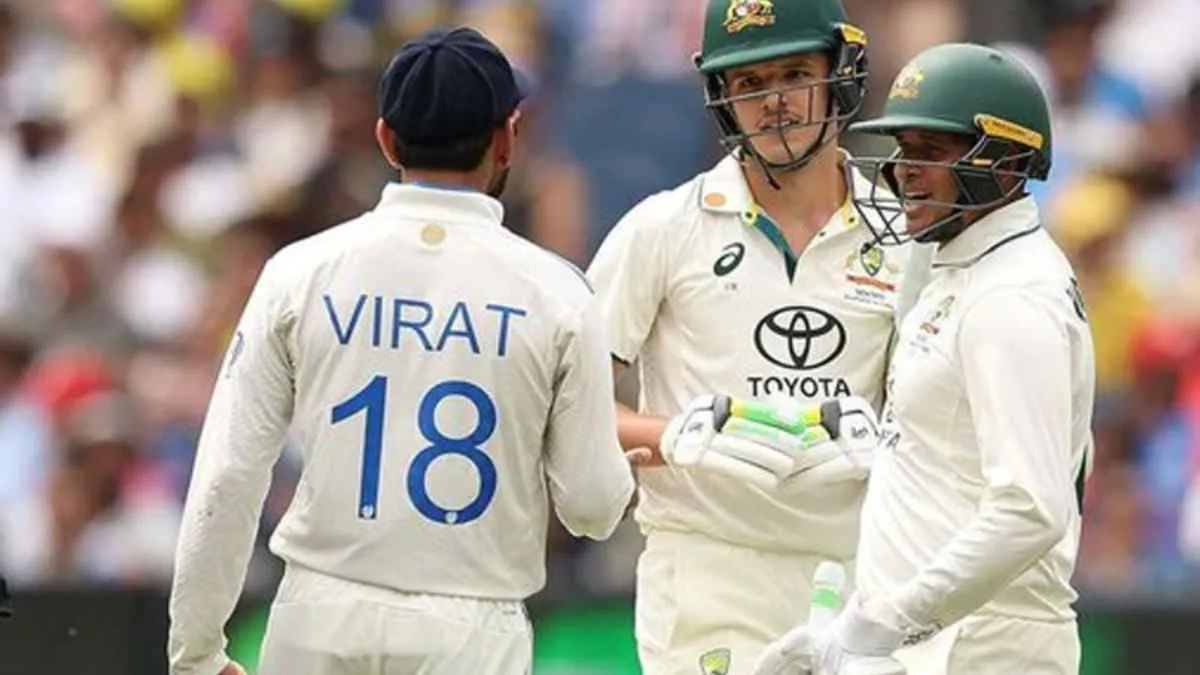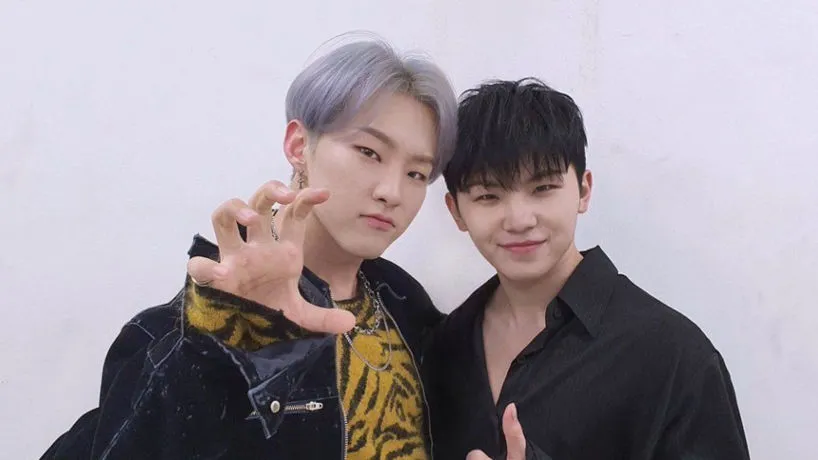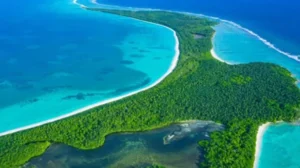Mauritius’ new government is now challenging the Chagos Islands deal with the United Kingdom. In October, the two governments agreed that the UK would transfer sovereignty of the Chagos Islands to Mauritius, while securing a 99-year lease for the Diego Garcia military base. However, recent developments have put this deal in jeopardy.
Political Shift Leads to Deal Review
After the electoral defeat of former Prime Minister Pravind Jugnauth, who initially negotiated the deal, the new Prime Minister Navinchandra Ramgoolam took office. Consequently, his government ordered a review of the deal and, just weeks later, announced that it would essentially reject the agreement.
Ramgoolam Rejects Terms
On December 24, Ramgoolam expressed his concerns, stating that certain aspects of the deal were unacceptable. In response, Mauritius submitted a counter-proposal to the UK, which is now under review. The UK government has already provided its response, and negotiations are ongoing.
UK Faces Criticism
This standoff is a major embarrassment for UK Prime Minister Sir Keir Starmer, who is already struggling with economic issues at home. Moreover, the deal has sparked criticism from the UK’s Conservative Party, which views it as a betrayal of British interests, particularly in the strategically important Indo-Pacific region.
Mauritius Seeks Better Terms
Although the Mauritian government has not disclosed all the specifics of its concerns, Deputy Prime Minister Paul Berenger has been vocal about the financial terms. Under the original agreement, the UK was set to pay Mauritius annually for the lease, in addition to funding infrastructure projects. Berenger, however, argued that the proposed amount was insufficient, stating, “They are trying to make us sign and they are quibbling on a small amount.”
Ramgoolam Talks to the US
In addition to addressing the UK, Ramgoolam also communicated his concerns to the US, as the Diego Garcia base is jointly operated by both the US and the UK. In a conversation with US Secretary of State Antony Blinken, Ramgoolam emphasized that Mauritius disagreed with certain aspects of the deal. He further clarified that a counter-proposal would soon be sent to the US.
Commitment to Negotiations
Despite rejecting the current terms, Ramgoolam made it clear that Mauritius remains committed to negotiating a deal. “We are still willing to conclude an agreement with the United Kingdom,” he assured. However, he added that the deal, as it stands, would not deliver the expected benefits for the nation.
UK Government Responds
Meanwhile, the UK government continues to express confidence that the deal serves the interests of both nations. A spokesperson for Prime Minister Starmer stated that they would work closely with the new Mauritian government to finalize the agreement. Despite this, the deal has faced considerable opposition from figures within the UK. Shadow Defence Secretary James Cartlidge and Shadow Foreign Secretary Dame Priti Patel have both criticized the deal, calling it a surrender of sovereignty.
Division in the UK Over the Deal
The deal has caused significant division within the UK government. In October, Defence Secretary Grant Shapps blocked the deal, calling it “a shocker” and “deeply regrettable.” He warned that giving up sovereignty over the Chagos Islands could set a dangerous precedent for other British military bases. As negotiations continue, the future of the Chagos Islands deal remains uncertain, with both countries navigating their respective concerns.

